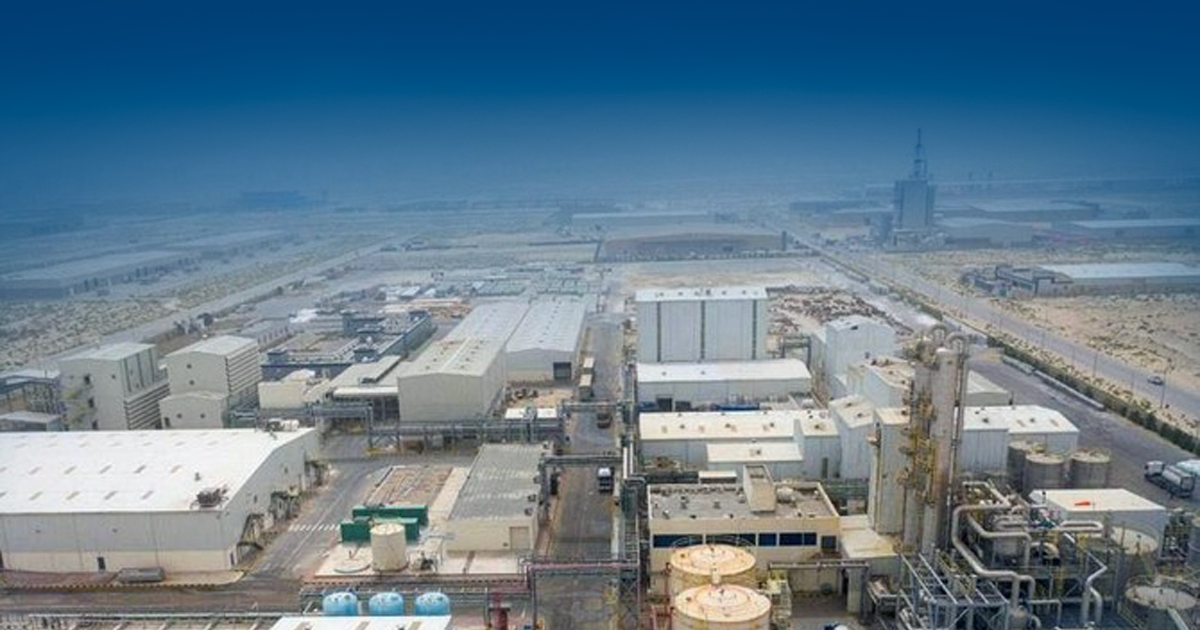The license to establish an industrial unit is issued following one of the following two regulations:
• The National Industrial Encouragement Law applies to industrial projects established by Saudi citizens with full Saudi capital.
• The “Foreign Capital Investment Law” applies to industrial projects wholly owned by foreign capital or in joint ventures with foreign capital.
All industrial projects with foreign or domestic capital or joint ventures with secure capital exceeding 1 million riyals must approve by the Ministry of Industry and Electricity. Investors who intend to start industrial projects should apply for the industrial project review and approval department. Stating the product and production capacity, the estimated capital, and the proposed location. If the department considers the project appropriate, it will provide the applicant with a license application form.
The investor must specify the economic feasibility of the project in the permit application form and return the form. Feasibility study report together with a copy of the project owner’s ID card to the department. A copy of the initial partnership contract should attach to foreign-funded projects. The specialized units of the Industrial Project Appraisal and Licensing Department and the Foreign Investment Committee are responsible for the appraisal of applications. They submitted their proposal to the Minister of Industry and Electricity, who gave the final approval.
Rules for Industrial License
Projects with a fixed capital of fewer than 1 million riyals do not apply to the industry license system, but they should record in the business register. Investors should obtain registration forms from the Ministry’s Industrial Project Evaluation and Licensing Department for these projects. Investors must submit the form together with the equipment invoice to the US Department of Commerce. If the department approves the registration, it will contact the business registration office. Where the project is located and notify the investor to contact the registration department to complete the registration process. Commercial registration of bakeries, cold storage, ice plants, and cement mixing projects can carry out without obtaining an industrial license from the Ministry.
National Industries Commercial Act
The National Industry Encouragement Act was approved by Royal Decree No. M/50 dated 23/12/1381 AH. Its terms apply to existing and emerging industries, including the following benefits
- All imported products of industrial institutions, including equipment, machinery, tools, spare parts, raw materials (primary or semi-manufactured products) and packaging materials (including cans, bags, and cylinders) are exempt from customs duties.
- Provide factory construction land and housing for workers and personnel at symbolic rent.
- Support local production by restricting the import of goods into the Kingdom that is similar to those produced locally.
- Expand financial assistance to industrial enterprises.
- Exemption of export duties and all other taxes and fees for local products.
Concessions 1 and 2 are allow by the Minister of Industry and Electricity on the recommendation of the Ministry of Technology and Industry Bureau. Concessions three and four allow through the Council of Ministers on the advice of the Minister of Industry and Electricity. Concession five rules through a Royal Decree are primarily based totally on the Decree of the Council of Ministers.
To obtain these benefits, industrial organizations should meet the following conditions:
- Provide all the information and detailed information about the industrial project required by the Ministry and allow representatives of the Ministry to inspect the project by the provisions of the Act.
- Only use the equipment, machinery, spare parts, and raw materials exempted from tariffs in licensed factories and use them to obtain the exemption.
- Hire Saudi labor and technical personnel unless otherwise approved by the Ministry of Labor and Social Affairs.
Foreign Investment Law
The “Foreign Capital Investment Law” covers currency, financial and commercial papers, equipment, machinery, spare parts, raw materials, products, vehicles, patent rights, and trademarks, if officially register and officially recognize. Foreign investment in the petroleum and minerals sector is subject to the Ministry of Petroleum and Mineral Resources special act.
For foreign investors to enjoy the privilege grant by the “Foreign Investment Law”, three conditions must be met:
- Plan investment should be made in projects within the framework of the development plan or existing projects of the same nature in the Kingdom.
- Foreign technical Expertise
- An industrial license must issue by the Ministry of Industry and Electric Power.
License sign by the authorized official or authorized representative, together with all materials and documents, shall submit to the Office of the Foreign Investment Commission, where registration and evaluation will take place, and submitted to the Commission together with any relevant evaluations.
The application should include the applicant’s legal status, information about the company, and the products. It plans to produce in the Kingdom, information about the local competition. Description of the manufacturing process, and detailed information about equipment, machinery, and raw materials, manpower requirements, and plans for Saudi labor and personnel training, Project value, economic feasibility study, project cost, and marketing plan.
The Foreign Investment Committee is chaired by the Deputy Minister of Industrial Affairs of the Ministry of Industry and Electric Power, as well as representatives from the Ministry of Planning, the Ministry of Finance, and the Ministry of National Economy, Petroleum and Mineral Resources, Agriculture and Water Resources, and Commerce. The functions of the committee include recommending development projects, evaluating investment applications, investigating complaints or disputes, recommending penalties for violators, and formulating rules for the implementation of the bill.
SAGIA|MISA emphasizes the importance of foreign companies conducting business under the correct licensing activities. The service provides all industrial licenses in Saudi Arabia, such as heavy and light industries and transition industries.
Documents required for industrial license Saudi Arabia
- A copy of the business registration of the shareholder certified by the Saudi Embassy. If one of the partners is a natural person with the nationality of one of the GCC countries. Provide a copy of the national identity.
- The applicant’s foreign company’s financial statements were certified by the Saudi Embassy in the previous fiscal year.
Rules and restrictions - If one of the partners implied previous permission from the Ministry of Investment. It must state when filling in the partner information when submitting the electronic application.
- Holders of high-end residences are exempt from the above-mention documents.
- The applicant must enter the data of Saudi national status/premium residence/residence. If one of the partners holds the business registration data of any one of them or participating Saudi companies during the electronic application.
- The license must reissue at the Ministry of Industry and Mineral Resources to obtain an industry license. Obtain environmental approval together with the General Administration of Meteorology and Environmental Protection.
Need further assistance in setting up an Industrial License in Saudi Arabia?
Business Link UAE can assist you in obtaining an industrial license. Our team of specialists will assist you in setting up your business from the ground up. Reach out to us if you require any additional assistance for Business Setup in Saudi Arabia.
For more info:
✉ info@businesslinkuae.com | 🌐 www.businesslink.sa/en | 📞+971-556070118 | ☎+971-43215227




